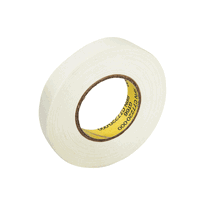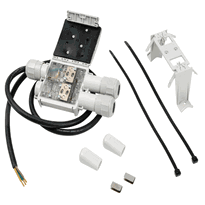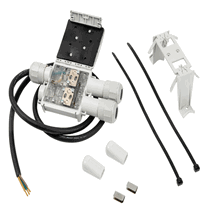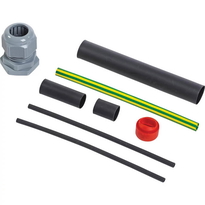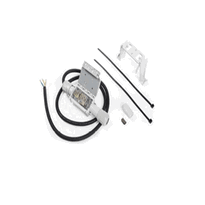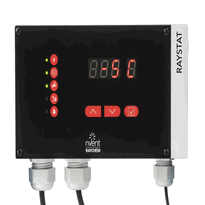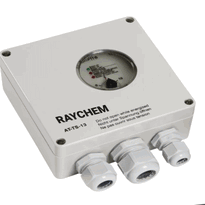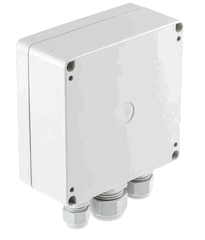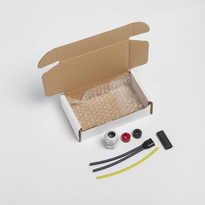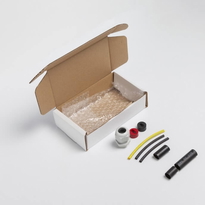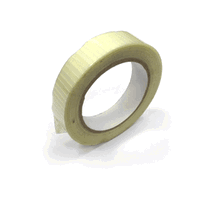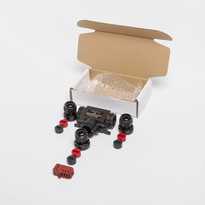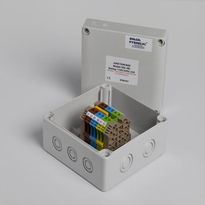Freeze Free Pipe Heating Cable
Freeze free pipe heating cables utilize self-regulating technology, which employs a carbon polymer core with microscopic conductive pathways that automatically respond to temperature changes by contracting or expanding. At low temperatures, they increase electrical conductivity and generate more heat to prevent freezing; at higher temperatures, they reduce output for safety and energy efficiency.
These cables are ideal for residential, commercial, and agricultural pipes, providing reliable protection across varying conditions. Proper installation is key to maximizing safety and performance, ensuring that the cables operate efficiently and effectively throughout the colder months.
Understanding Self-Regulating Technology and Its Benefits
Self-regulating technology in freeze-free pipe heating cables functions through an innovative core made of carbon polymer infused with microscopic conductive pathways that respond dynamically to temperature changes. When temperatures fall, the core contracts, increasing electrical conductivity and enhancing heat output by completing additional circuits between copper bus wires. Conversely, as temperatures rise, the core expands, reducing conductivity and decreasing heat generation by breaking circuits, thereby preventing overheating. This mechanism enables the cable to produce heat precisely where it's needed along its length, minimizing unnecessary energy consumption. The design incorporates an outer protective jacket, a copper braid for grounding, and flame-retardant insulation to ensure durability and safety. This design allows the cable to adapt its heat output in real-time, responding efficiently to changing weather conditions. This self-regulating technology enhances energy efficiency, reduces energy waste, and increases safety by preventing hot spots. It offers a practical solution for maintaining appropriate temperatures in variable conditions, ensuring reliable performance while being environmentally considerate. The integration of self-regulating systems also minimizes the risk of electrical overloads and non-compliance with safety standards.
Ideal Applications for Freeze Free Pipe Heating Cables
Application Type |
Suitable Environments |
Key Benefits |
| Residential Water Pipes | Basements, attics, crawl spaces, exterior walls | Prevents freezing, maintains water flow, reduces risk of pipe bursts |
| Outbuildings and Unused Properties | Cottages, barns, summer houses, storage sheds | Protects low-usage structures from frost damage |
| Agricultural and Utility Pipelines | Barns, irrigation systems, utility cupboards | Shields outdoor and exposed piping from freezing |
| Commercial and Industrial Facilities | Workshops, garages, manufacturing sites | Ensures reliable operation during cold weather |
| Critical Infrastructure | Water tanks, fire suppression systems, sewage lines | Safeguards essential services from freezing risks |
All these applications benefit from proper installation techniques to maximize effectiveness in preventing pipe freeze-ups.
Installation Tips and Best Practices for Optimal Performance
Proper installation of freeze-free pipe heating cables requires careful planning and strict adherence to recommended practices to ensure optimal performance and safety. Begin by selecting the correct cable length based on the pipe’s exact length, avoiding extensions across multiple pipes to prevent overheating. Use only manufacturer-approved components, such as compatible Freeze Free end seals, and verify compliance with local electrical regulations before installation. Position the cable evenly along the pipe, securing it every 30 centimeters with high-quality tape to prevent shifting while avoiding over-tightening. Ensure constant contact between the cable and pipe surface for effective heat transfer. After installation, wrap the entire assembly with suitable insulating material, covering bends and joints thoroughly. Proper installation not only ensures safety but also extends the lifespan of the system, and consider insulation compatibility with the heating cable for optimal results. Follow these precise steps to maximize efficiency, safety, and longevity of the heating system.
Conclusion
Proper installation of freeze-free pipe heating cables utilizing self-regulating technology ensures reliable protection against pipe freezing. Following recommended application guidelines and best practices optimizes performance, energy efficiency, and longevity of the system.
Careful attention to correct placement, insulation, and adherence to manufacturer instructions provides effective, cost-efficient solutions for maintaining water flow in vulnerable pipes during cold weather.
This approach minimizes potential damage, reduces repair costs, and ensures continuous operation regardless of outdoor temperatures.








